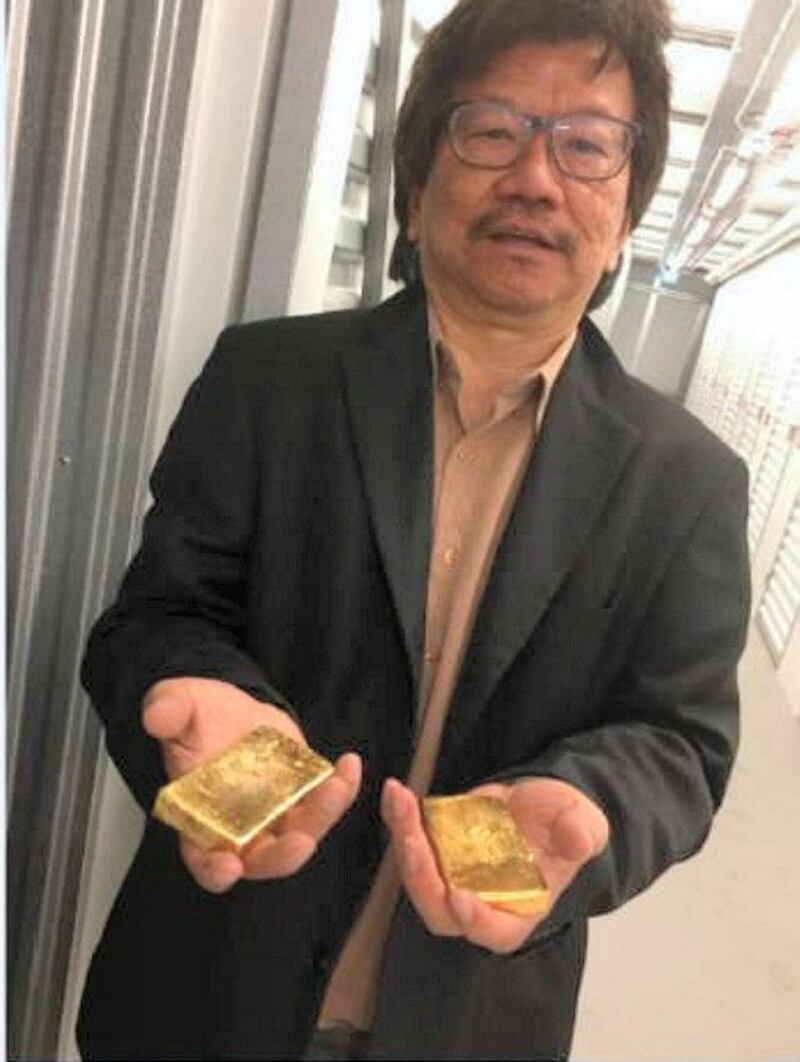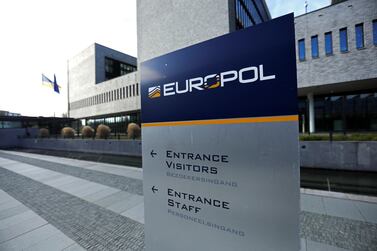A seafood trader has been convicted of smuggling 5.3 million endangered baby eels from Europe to Asia in the first prosecution of its kind in Britain.
Gilbert Khoo, 67, was arrested after a consignment of baby eels were found hidden under a load of chilled fish at Heathrow Airport in February 2017.
An investigation uncovered a global smuggling network with Khoo acting as the UK-based middleman. The illegal trade in the protected species is the largest by numbers in the world, according to experts.
Paperwork found at Khoo’s home in Chessington, southwest London, suggested that he imported the baby eels from countries including Spain and France and kept them at a farm in the southwest of England.
He then repackaged them and labelled them as “chilled fish” before exporting them onwards to East Asia under his company, Icelandic Commodities Exports Ltd.
Most were destined for fish farms in southern China where they would be cultivated until they were sold to restaurants at a huge mark up.
Investigators estimated that Khoo illegally exported 1,775 kilos of eels in two years with an estimated value of £53 million.
Ian Truby, the senior investigating officer, said: “The entire operation run by Khoo to trade in these critically endangered animals was illegal from start to finish, and there is no doubt his sole motivation was money.”
European law enforcement agencies have stepped up activities to tackle one of the world’s most lucrative wildlife crimes and arrested more than 160 people linked to Asian gangs in 2018-19.
Officers from ten countries seized nearly six tonnes of the baby eels with a value of more than 11.5 million euros in 2018-19 as part of efforts to halt the decline of the species that a century ago represented half of all freshwater fish in Europe.
The eel is a mainstay of the menu in China, Japan and South Korea where overfishing has seen local stocks slashed. The void is being filled by European stocks from predominantly in France, Spain and Portugal.
Criminal operations to smuggle the fish out of Europe have become increasingly sophisticated in the face of increased police activity and involve corrupt licenced fishermen, Asian buyers and human mules posing as tourists from China.
The smugglers can fit some 100,000 baby eels into a single suitcase which are worth about a $1 million after a year of cultivation on a fish farm in Asia.
The eel was put on the endangered list of animals and banned from export outside of Europe in 2011. Figures published in November suggested that the trading restrictions and police activity were having an effect with the decline in stocks arrested for the first time.
European police forces have taken a greater interest in tackling ‘green crime’ with organised gangs attracted by the potential profits.
“Criminals are very flexible and have discovered this new green area,” Catherine De Bolle, the head of the EU policing agency Europol, said at a meeting of the World Economic Forum in Davos last month.








